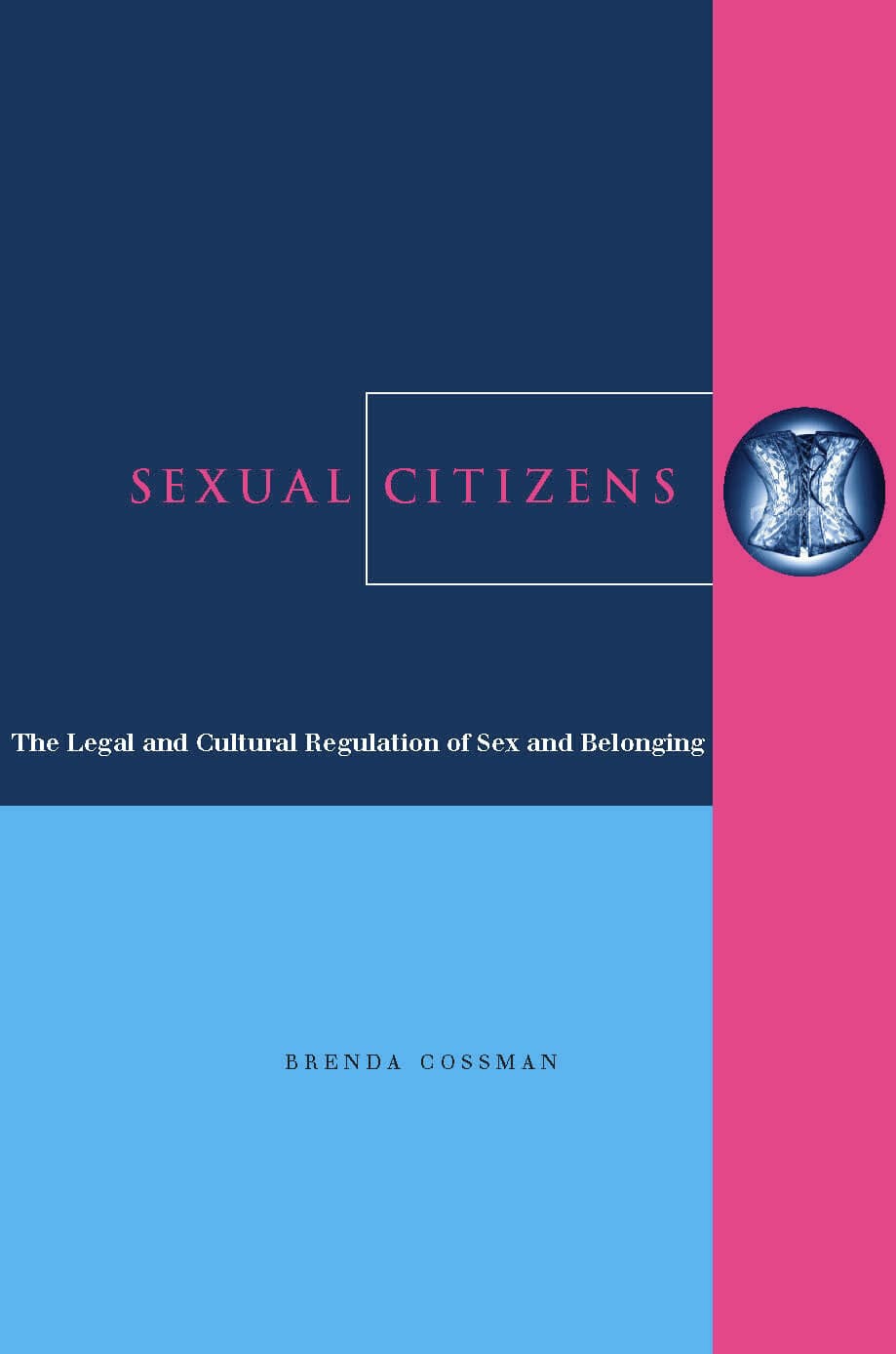Policing Bodies

Sex work occupies a legally gray space in Johannesburg, South Africa, and police attitudes towards it are inconsistent and largely unregulated. As I. India Thusi argues in Policing Bodies, this results in both room for negotiation that can benefit sex workers and also extreme precarity in which the security police officers provide can be offered and taken away at a moment's notice. Sex work straddles the line between formal and informal. Attitudes about beauty and subjective value are manifest in formal tasks, including police activities, which are often conducted in a seemingly ad hoc manner. However, high-level organizational directives intended to regulate police obligations and duties toward sex workers also influence police action and tilt the exercise of discretion to the formal. In this liminal space, this book considers how sex work is policed and how it should be policed. Challenging discourses about sexuality and gender that inform its regulation, Thusi exposes the limitations of dominant feminist arguments regarding the legal treatment of sex work. This in-depth, historically informed ethnography illustrates the tension between enforcing a country's laws and protecting citizens' human rights.
"Policing Bodies offers a fascinating, entirely unique analysis of the policing of prostitution within multiple street and indoor venues. A major contribution to our understanding of the dynamics of prostitution and its control."—Ronald Weitzer, George Washington University
"In this well-crafted examination of the sex industry in Johannesburg, Thusi heightens our understanding of the complex reality of sex work and the evolving nature of its policing. Not only does the book provide an excellent analysis of the situation, it is a really good read!" —Frances M. Shaver, Concordia University
"With its numerous footnoted references and studies providing both support and additional bibliographic research opportunities, Policing Bodies is a unique scholarly consideration that should be considered a mainstay not in just South African libraries, but in any collection strong in social and legal issues in general and sex work and law enforcement in particular."—Diane C. Donovan, Midwest Book Review
"What [Policing Bodies] clearly shows is the complexity of relationships between sex workers and law enforcement, and how criminalizing sex work is counterproductive. It makes an important and novel contribution to our understanding of the thorny issues around policing and sex work, as well as the state's obligation to protect the rights of sex workers while at the same time regulating their behavior."—Amanda Gouws, Signs: Journal of Women in Culutre and Society
"Since the height of second-wave feminism in the 1970s, the efforts of American liberal and radical feminists toward the decriminalization of sex work have been consistently frustrated. From a global perspective, the rise of these abolitionist practices in Scandinavian countries further advanced this debate on decriminalization. Notably, this debate has predominantly been promoted by white and Western feminist academics and activists. Based on her extended empirical fieldwork and in-depth theoretical thinking in urban South Africa, legal scholar India Thusi's newest volumePolicing Bodiesprovides postcolonial perspectives on this provocative issue."—Shu Wan, H-History-and-Theory




